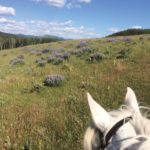
Feeding man-made fats to horses has negative consequences
Horse Health: Too much of a good thing can cause a myriad of problems for horse health
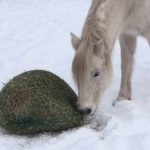
The numerous benefits of slow feeding to the horse
Horse Health: Because of the way their digestive tract works, horses need to eat low-energy forages nearly constantly

The sole of a horse’s hoof is its foundation of soundness
Horse Health: The sole of a horse is a remarkably adaptive and resilient thing, but you can help it improve

What to consider when blanketing your horse
Horse Health: The animal’s body condition, nutrition and level of activity can all affect this decision
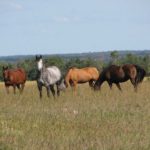
New test gives definitive diagnosis of tapeworm infestation in horses
Horse Health: But it’s not clear if there’s much, if any, impact on horse health from tapeworm infestations

Horse owners and riders urged to take survey
Survey closes Oct. 31
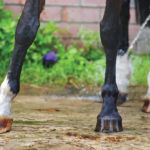
Horses get arthritis, too, and need special care
Horse Health: Abnormal and repetitive stresses are frequent causes of this source of lameness
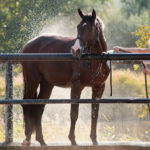
Heat stress and horses
Horse Health: Emergency interventions may be necessary to save overheated animals as heatstroke can occur very quickly

Care of the nursing foal
Horse Health: Mother Nature, their own mother and human caretakers all have a profound effect on the wellness of young horses
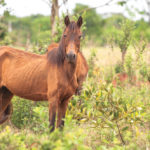
Horse euthanasia: When is the ‘right time’ to end suffering
Horse Health: The strong bond most horse owners develop with their equine companions makes this a very difficult choice

